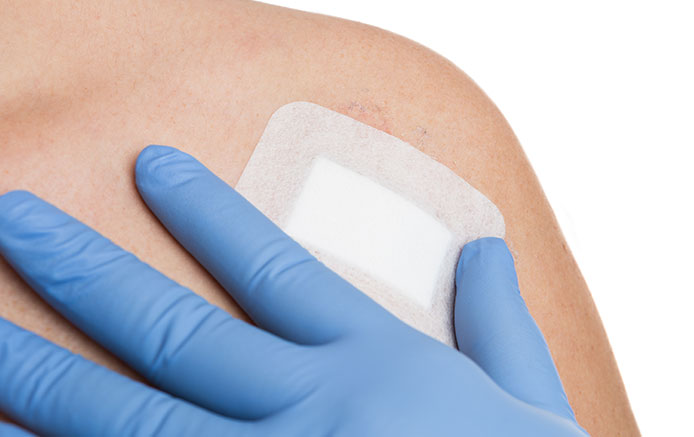
SERVICES
Diagnostic and Curative Biopsies
What is a biopsy?
A biopsy is a medical operation in which a small tissue sample is removed and examined under a microscope. The skin, stomach, kidneys, liver, and lungs are just a few of the places on or in the body where tissue samples can be extracted. Both the act of taking the sample and the tissue sample is commonly referred to as a biopsy. Biopsies can be used to determine the reason for a person's symptoms or aid in diagnosing various illnesses. A biopsy can determine the severity or stage of an illness that has already been diagnosed. A biopsy, for example, can reveal how severely an organ, such as the liver, is inflamed. It is hard to tell if a lump or growth on the skin or inside the body is cancerous (malignant) or non-cancerous (benign) simply by looking at it or touching it. A biopsy can obtain this information.
Types of biopsies:
- Scraping cells - as part of a cervical screening test, removing cells from the surface layer of tissue, such as inside the cervix (womb's neck).
- Punch biopsy - this is a procedure for diagnosing skin problems involving punching a small hole in the skin with a particular device to retrieve a sample.
- Needle biopsy - occurs when a particular hollow needle is used to extract tissue from an organ or tissue beneath the skin, guided by ultrasonography or CT scan.
- Endoscopy – during this procedure, an endoscope (a tube with a camera attached to the end) is used to remove tissue, such as from the stomach (a diagnostic procedure to look inside the stomach upper gastrointestinal tract).
- Excisional biopsy - one in which a more significant piece of tissue is removed through surgery.
- Fine needle aspiration – involves obtaining a sample of cells with a needle and syringe, such as from a thyroid or breast lump.
What do biopsies commonly diagnose?
- Cancer
- Peptic ulcers - ulcers that the digestive system
- Hepatitis – liver inflammation
- Kidney disease
- Endometriosis - a condition in which tissue comparable to the lining of your uterus grows outside the uterine cavity.
- Specific infections
Diagnostic and Curative Biopsies FAQ:
How long does a biopsy usually take?
Typically, a biopsy can take between 15 to 30 minutes.
How long does it take to get biopsy results?
Results typically take between two and three days after the initial biopsy.
How long does it take to recover from a biopsy?
Biopsies are usually performed as outpatient operations, so you will not have to stay in the hospital overnight.

